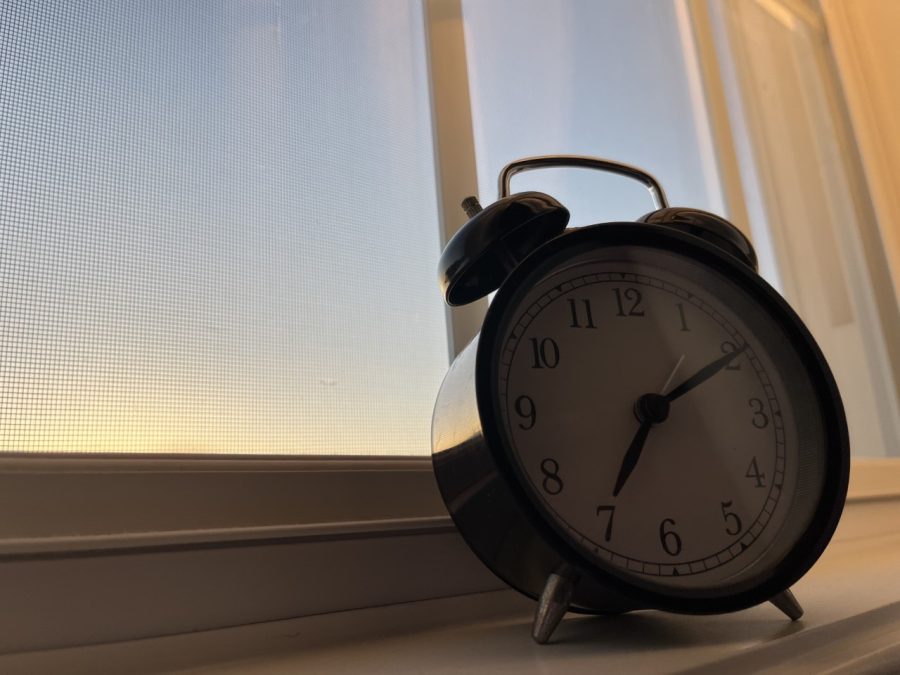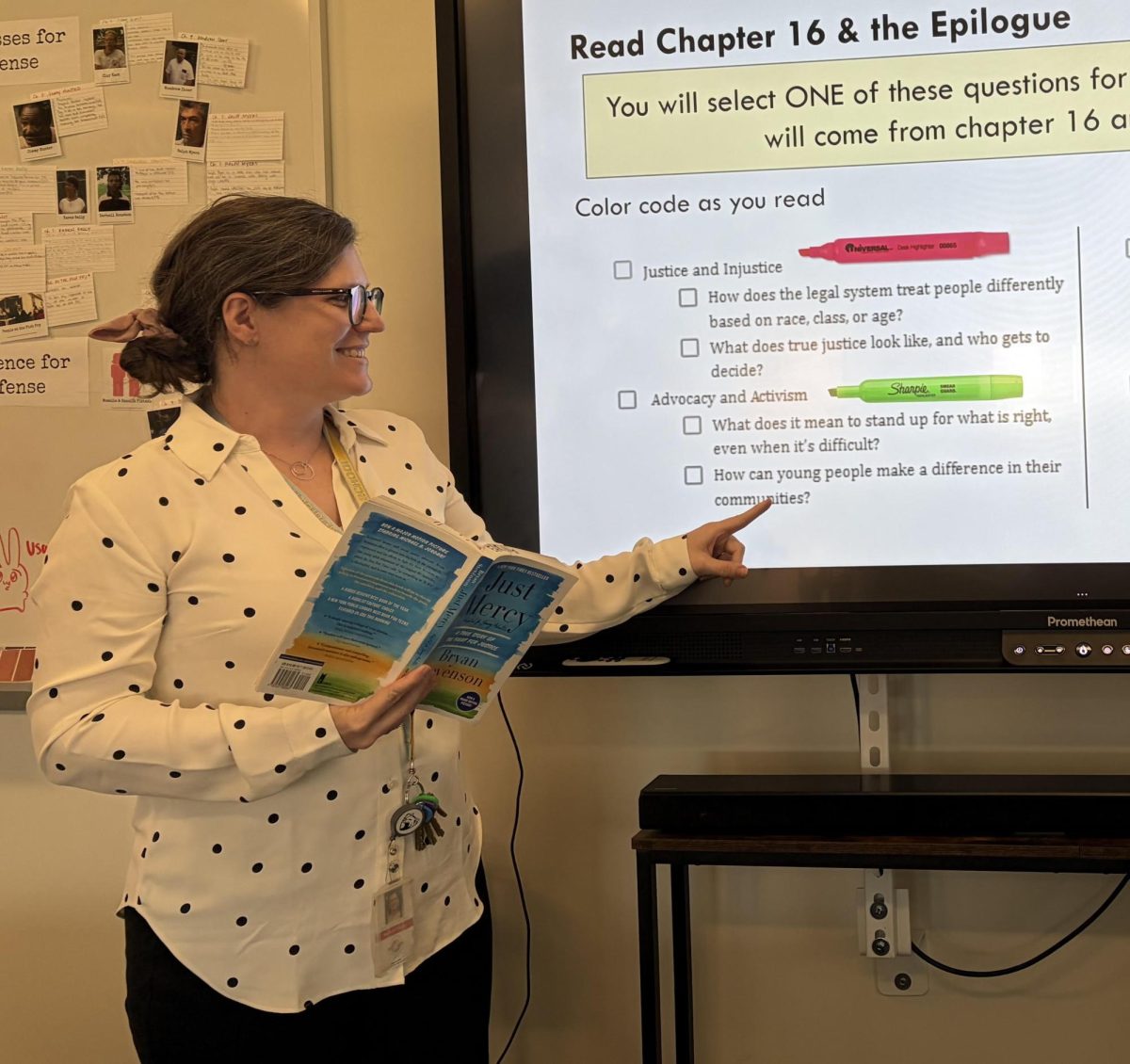Op-Ed: Down with daylight saving time
Daylight saving time, a standard in the United States for decades, is an outdated concept that is bad for students.
April 26, 2023
On March 12th, the clocks once again sprung forward an hour from standard time to daylight saving time (DST) leaving millions of Americans on the wrong side of the bed, literally and figuratively, with one less hour of precious sleep.
This yearly occurrence has been becoming a yearly annoyance to many Americans which has led many people to wonder, “Is it really worth changing the clocks?” The answer, in fact, might be no. The switch from standard time to daylight saving time is not as effective as you may think. In fact, it could be more harmful than it is helpful to everybody, including us students.
The idea of daylight saving time has been around for over a century. In the early 20th century, daylight saving was implemented in multiple countries as wartime measures during World War 1 to preserve energy resources such as coal. In the United States, daylight saving time had become official law after the signing of the Uniform Time Act in 1966. Over the decades though, switching from standard time to DST has become increasingly less effective as the usage of energy has increased.
As previously stated, DST was used to conserve energy and resources, but nowadays, it has very little effect on how much energy is actually saved. According to a 2008 Congress report by the Department of Energy, DST had only saved 0.03% of energy in 2007. Looking at that statistic, is it really that far-fetched to think that number didn’t rise above 1% by now? In today’s world, we use tons of energy by the hour for almost every daily task which, when you really consider it, essentially negates any energy we would be “saving” from observing DST.
However, the most concerning problem with daylight saving isn’t energy preservation, but rather the impact of its time shifts on our sleep and overall well-being.
“[Daylight saving] really messes with my sleep schedule,” said freshman Ruhi Sujlana. “I feel like I don’t get enough sleep and I need as much as I can get but the daylight saving switch isn’t helping.”
“I’ve been a bit more tired recently since daylight saving, but it’s slowly getting better,” said freshman Eshan Nayak.
Our 24 hour clock, or circadian rhythm, is adjusted to the light-dark cycles and thus helps regulate our sleep patterns. When transitioning between daylight saving time and standard time, the light-dark cycle becomes altered which causes a desync in our circadian rhythm and could result in a deficit in sleep. This loss in sleep can and has led to a plethora of concerns.
“Our circadian rhythms are so in tune with our routines and where we go so it is difficult for our bodies to adjust to that change twice a year,” said AP psychology teacher Michele Sambiase.
For students, this tiredness can prevent us from concentrating and could reduce the amount of information we retain from classes. It can also result in disturbances in our moods leading to feelings of moodiness, irritability, or even more severe, depression.
“It is known that depression and accidents go up shortly after the switch,” said Sambiase. These increased amounts in traffic accidents just add more risks to our seniors who drive to school, parents that drop off their kids, and bus drivers who pick up our students.
“Daylight saving definitely feels outdated,” said Sujlanai. ” I don’t really find it helping anyone nowadays and it just seems to mess with everyone’s sleep.”
Now you may ask, “how do we fix these problems?” Well there are multiple different routes we could take. Though the most straightforward solution may be adopting daylight saving as our standard, permanent time. In fact our American representatives have recognized this problem and have taken it to our legislative body to decide.
On March 15th, 2022, the Senate passed the Sunshine Protection Act which would make daylight saving time the permanent time, eliminating the need to change the clock biyearly. The bill has yet to be voted upon in the House and would still need the president’s approval before becoming federal law. Additionally, many states, including Virginia, have individually proposed bills to eliminate DST within the state, but none have gone through.
“It’s really not an easy topic for congress to vote upon because of how it affects people differently based on where they live,” said Sambiase. “Personally though, I’d like to see it go!”




